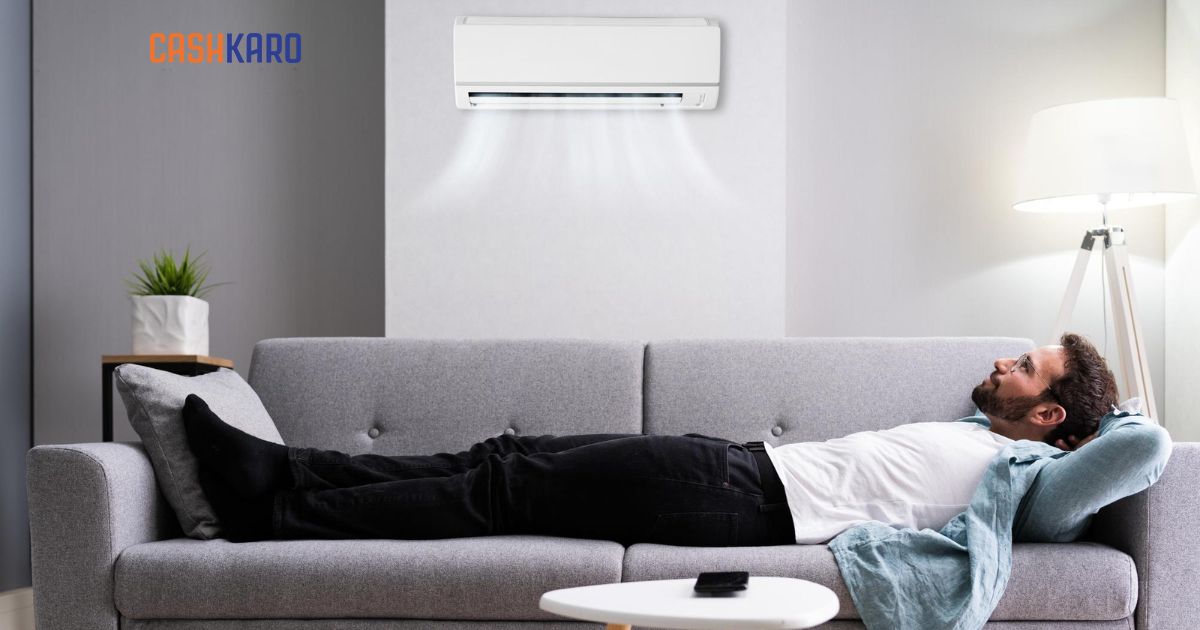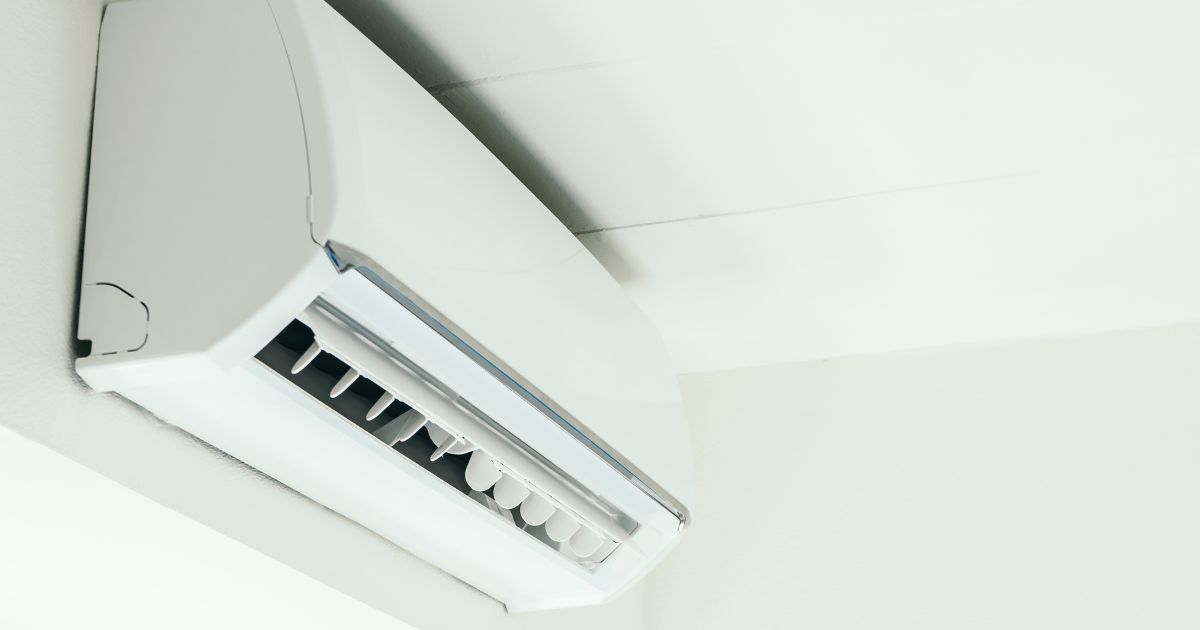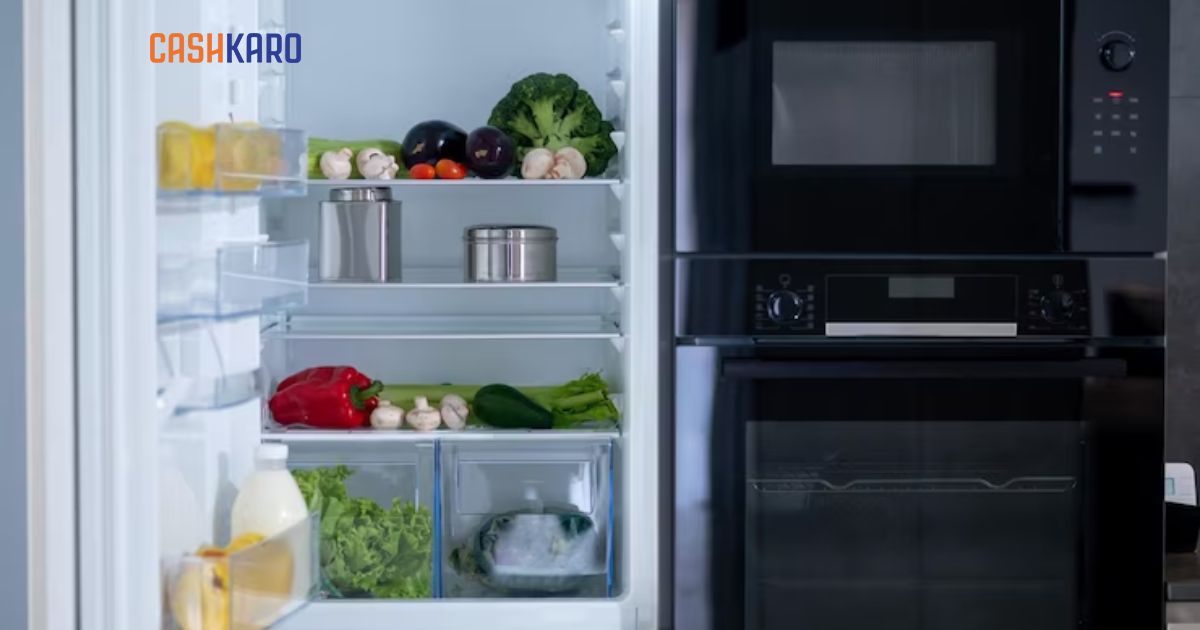
Ever wondered if a projector would give you that theatre-like vibe at home, or if a Smart TV is the smarter buy for everyday binge-watching? Let’s settle the debate, once and for all.
Projectors are perfect for immersive, big-screen movie nights, while Smart TVs are compact, plug-and-play devices designed for seamless everyday viewing.
While both can transform your living room into a mini cinema, they offer distinct features, costs, and vibes. You must make a choice based on your lifestyle, budget, and available space. This guide will walk you through the differences in a simple, friendly way, so by the end, you’ll know exactly what to buy. Let’s compare Projectors vs Smart TVs – which one is better for your home?
Projectors vs Smart TVs: A Quick Comparison
| Feature | Projector | Smart TV |
| Screen Size | Up to 300 inches | Typically 32–85 inches |
| Picture Quality | Great for dark rooms, cinematic feel | Crisp, bright images even in daylight |
| Setup | Needs a dark room, plain screen/wall, and some tech setup | Plug-and-play, ready to go out of the box |
| Apps & Streaming | Needs Fire Stick/Chromecast | Built-in apps (Netflix, Prime, etc.) |
| Portability | Lightweight & flexible | Fixed in one spot |
| Price Range | Cheaper for size, extra costs for setup | Higher upfront, lower ongoing costs |
| Maintenance | Bulb replacements | Minimal maintenance |
| Best For | Movie nights, gaming, and presentations | Every day use, streaming, sports, and TV shows |
Projectors: Your Ticket to a Big-Screen Experience

A projector is a device that turns any wall or screen into a massive, cinematic display. With screen sizes that can reach up to 300 inches, it’s all about creating that big-screen, cinema-like experience at home. However, remember that projectors love the dark; you must dim the lights and then enjoy the immersive visuals.
Key Factors:
- Screen Size: They offer massive screen sizes, typically ranging up to 300 inches, for a truly cinematic experience.
- Setup Requirements: Requires a dark room, a flat surface, and an external sound system for better audio.
- Portability: They are compact and lightweight, which makes them easy to move around.
- Brightness & Picture Quality: Projectors work great in dark environments, but struggle in bright rooms. Higher lumen projectors (3000 lumens and above) still offer better visibility.
- Maintenance: They incur additional costs over time, such as bulb replacement after 2,000–5,000 hours.
- Usage: Best for occasional big-screen experiences like movies, gaming, or presentations.
✅ Pros:
- Big-screen experience at home
- Flexible to move
- Saves space
- Cost effective
- Versatile usage
❌ Cons:
- Bright ambient light can wash out the image
- You’ll need a screen or a smooth wall for it
- Projector bulbs have a limited lifespan
Smart TVs: Easy, Everyday Entertainment Choice

A Smart TV is your all-in-one entertainment hub, packed with apps like Netflix, YouTube, and Prime Video. It’s easy, hassle-free, and packed with built-in apps, making it perfect for daily use without extra setup. If you’re looking for the ultimate pick for everyday convenience, a Smart TV is what you should choose.
Key Factors:
- Screen Size: Available in various sizes, ranging from 32″ to 85″, offering excellent picture quality for daily viewing.
- Setup Requirements: Setup is extremely easy. Just unbox, plug in, and start streaming.
- Portability: They get fixed in one place, usually wall-mounted or on a stand, which limits their flexibility.
- Brightness & Picture Quality: Smart TVs perform well in all lighting conditions. However, they are ideal for daytime viewing.
- Maintenance: They have a low maintenance cost as no parts need to be replaced.
- Usage: These TVs are ideal for everyday entertainment, including streaming, gaming, live TV, sports, and more.
✅ Pros:
- Built-in streaming apps
- Simple and user-friendly
- No external setup needed
- High picture quality
- Integrates smart home control
❌ Cons:
- Large-screen TVs are expensive
- Heavier and bulkier
- Software gets slow over time
Key Differences: Projectors vs Smart TVs
Screen Size & Experience – Projectors offer much larger screen sizes (up to 300 inches) for a cinematic feel, while Smart TVs have fixed, smaller screen sizes (typically up to 85 inches) with brighter displays.
Setup & Portability – Projectors are lightweight and portable, but require a proper setup, such as a plain wall or a dark room. On the other hand, Smart TVs are fixed in one place but require an easy plug-and-play setup.”
Picture Quality & Brightness – Projectors perform best in dark spaces and struggle in brighter environments. Smart TVs deliver sharp, vibrant visuals in any lighting.
App Ecosystem & Streaming – Projectors typically require external streaming devices, such as a Fire TV Stick or Chromecast, for streaming content. Smart TVs come with built-in apps, such as Netflix, YouTube, and Prime Video.
Maintenance & Longevity – Projectors are designed with bulbs that need replacing after 2,000–5,000 hours. However, Smart TVs are low-maintenance and generally have longer lifespans.
Usage Flexibility – Projectors are ideal for occasional movie nights, gaming, or presentations, while Smart TVs are great for daily binge-watching, sports, and casual viewing.
Sound Quality – Projectors often need an external speaker system for better audio. Most Smart TVs come with built-in speakers that provide decent sound for everyday viewing.
Cost Considerations – Projectors can be more cost-effective for a large-screen experience, but they incur additional costs for maintenance, speakers, and other accessories. Smart TVs, on the other hand, have a higher upfront cost but a lower additional cost.
Still Confused? Here’s My Recommendation:
Choosing between a Projector and a Smart TV? Let’s keep it simple. Here’s a quick guide to help you decide in seconds:
| If You Want… | Go For… |
| That big-screen, cinema-like experience at home | Projector |
| A simple, plug-and-play device for daily use | Smart TV |
| Movie nights under the stars or a portable setup | Projector |
| Bright, clear picture in any lighting | Smart TV |
| A huge screen for gaming or presentations | Projector |
| Built-in apps like Netflix, Prime, and YouTube | Smart TV |
| Minimal maintenance and long-term reliability | Smart TV |
| Big screen without breaking the bank | Projector |
| All-in-one, low-maintenance | Smart TV |
Budget Breakdown: What Can You Get at Your Price?
Your budget can make a big difference in what you end up buying. Here’s a quick guide to help you decide what fits in your budget:
| Budget Range | Projectors | Smart TVs |
| ₹20,000 – ₹40,000 | Basic HD projectors for casual movie nights (100-150″ screen) | Entry-level HD Smart TVs (32-43″), basic apps, decent picture |
| ₹40,000 – ₹80,000 | Mid-range Full HD or 4K projectors, better brightness (150-200″ screen) | Mid-range 4K Smart TVs (43-55″), better picture, more features |
| ₹80,000 – ₹1,50,000 | High-end 4K projectors, improved contrast(200-300″ screen) | Premium 4K/Ultra HD Smart TVs (55-65″), Dolby Vision, better audio |
| ₹1,50,000 and above | Premium laser projectors, home theatre setups, and advanced features | Flagship OLED/QLED Smart TVs (65″+), stunning visuals, top-notch sound |
Projectors vs Smart TVs- Which One to Buy?
Here’s the deal:
Both projectors and Smart TVs have their charm. The best choice depends on you, your lifestyle, space, and what kind of experience you want.
If you want that immersive, cinematic feel, go for a projector. But if you’re after everyday convenience and ease of use, a Smart TV is a better pick.
So, think about your space, your habits, and your budget, and then pick what works best for you. Whether it’s a projector or a smart TV, here’s to many hours of fun, entertainment, and relaxation ahead!
FAQs: Let’s Clear Your Doubts!
Is a projector better than a smart TV?
A projector is better for big-screen movie nights; a smart TV is better for everyday use.
Can a projector replace a smart TV?
Yes, for movies and gaming, but for daily streaming and casual viewing, a smart TV is more practical.
Which lasts longer: a Smart TV or a Projector?
Smart TVs generally last longer and don’t require maintenance, such as bulb replacements.
Can I use a projector as my regular TV?
Yes, but it depends on your usage. Projectors are ideal for movies/gaming, while Smart TVs are better for daily shows and sports.




